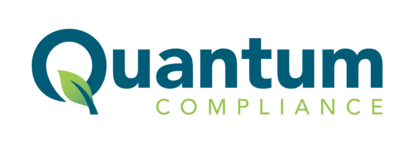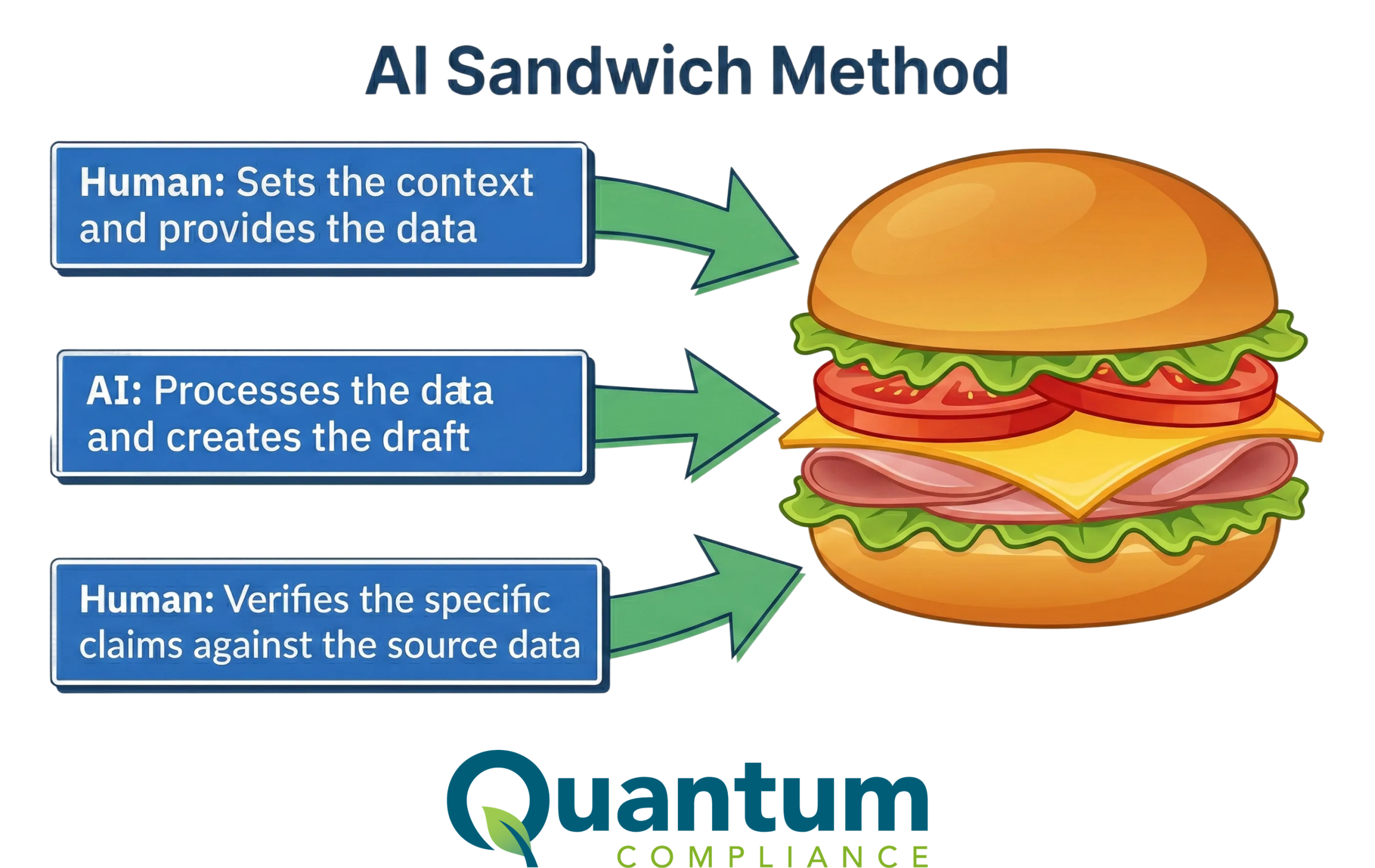Effective Chemical Management is essential in high-risk industries where the handling of hazardous substances poses significant safety and regulatory challenges. Implementing robust Chemical Management strategies ensures not only compliance with regulations but also the safety of workers and the environment. This article explores various strategies for effective Chemical Management in high-risk industries, emphasizing the importance of safety, compliance, and efficiency.
The Importance of Chemical Management in High-Risk Industries
High-risk industries, such as chemical manufacturing, pharmaceuticals, oil and gas, and mining, deal with hazardous substances that can pose serious health, safety, and environmental risks. Effective Chemical Management in these industries is crucial to prevent accidents, ensure regulatory compliance, and protect both employees and the environment.
Key Strategies for Effective Chemical Management
- Comprehensive Risk Assessment:
Conduct thorough risk assessments to identify potential hazards associated with chemicals used in the workplace. Effective Chemical Management begins with understanding the risks and implementing measures to mitigate them.
- Robust Inventory Management:
Maintain an accurate and up-to-date inventory of all chemicals on-site. An effective Chemical Management system includes tracking the quantity, location, and status of each chemical, ensuring that information is readily available for safety assessments and regulatory reporting.
- Safety Data Sheets (SDS) Management:
Ensure that Safety Data Sheets (SDS) are easily accessible to all employees. SDS provide critical information on the properties, hazards, and safe handling practices of chemicals. An effective Chemical Management strategy includes regular reviews and updates of SDS to ensure accuracy and compliance.
- Proper Labeling and Storage:
Implement clear labeling and proper storage practices for all chemicals. Effective Chemical Management requires that all containers are correctly labeled with hazard information and stored according to their specific requirements to prevent accidents and ensure safety.
- Training and Education:
Provide comprehensive training and education programs for all employees handling chemicals. Effective Chemical Management involves ensuring that workers are knowledgeable about the hazards, safe handling procedures, and emergency response actions related to the chemicals they work with.
- Emergency Preparedness and Response:
Develop and implement emergency preparedness and response plans. Effective Chemical Management includes preparing for potential chemical spills, leaks, or other incidents and ensuring that employees know how to respond quickly and effectively.
- Regular Audits and Inspections:
Conduct regular audits and inspections to ensure compliance with safety standards and regulations. Effective Chemical Management involves routine checks to identify and address any potential issues before they escalate into serious problems.
- Use of Technology and Automation:
Leverage technology and automation tools to streamline Chemical Management processes. Advanced software solutions can help track inventory, manage SDS, ensure compliance, and improve overall efficiency.
- Environmental Protection Measures:
Implement measures to minimize the environmental impact of chemical use. Effective Chemical Management includes practices such as proper waste disposal, recycling, and pollution prevention to protect the environment.
- Continuous Improvement:
Adopt a culture of continuous improvement in Chemical Management practices. Regularly review and update procedures, incorporate feedback from employees, and stay informed about new regulations and best practices in the industry.
Case Study: Effective Chemical Management in the Pharmaceutical Industry
A pharmaceutical company handling a wide range of hazardous chemicals implemented a comprehensive Chemical Management strategy that included the following elements:
- Risk Assessment: Conducted detailed risk assessments for all chemicals, identifying potential hazards and implementing mitigation measures.
- Inventory Management: Utilized advanced software to maintain an accurate and up-to-date inventory of all chemicals, ensuring efficient tracking and reporting.
- SDS Management: Ensured that all SDS were readily accessible to employees and regularly reviewed for accuracy and compliance.
- Training Programs: Provided ongoing training and education for employees, emphasizing the importance of safety and proper handling procedures.
- Emergency Preparedness: Developed robust emergency response plans and conducted regular drills to ensure readiness in case of chemical incidents.
- Environmental Protection: Implemented measures to minimize environmental impact, including proper waste disposal and pollution prevention practices.
As a result of these strategies, the company achieved:
- Enhanced Safety: Reduced the number of chemical-related incidents and improved overall workplace safety.
- Regulatory Compliance: Maintained compliance with all relevant safety regulations, avoiding fines and legal issues.
- Operational Efficiency: Streamlined Chemical Management processes, reducing administrative burdens and improving efficiency.
- Environmental Stewardship: Minimized environmental impact through effective waste management and pollution prevention practices.
Conclusion
Effective Chemical Management is critical for high-risk industries to ensure safety, compliance, and environmental protection. By implementing comprehensive risk assessments, maintaining accurate inventories, managing SDS, providing proper training, and leveraging technology, organizations can significantly enhance their Chemical Management practices. Embracing these strategies not only safeguards employees and the environment but also improves operational efficiency and regulatory compliance. Adopting a proactive approach to Chemical Management is essential for achieving long-term success in high-risk industries.








